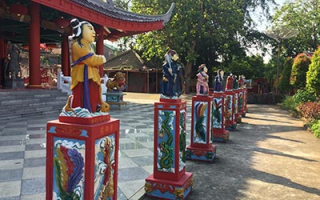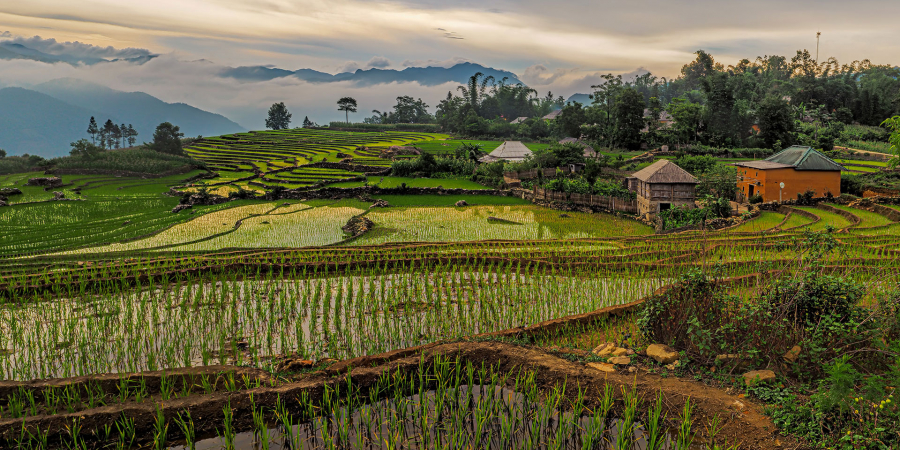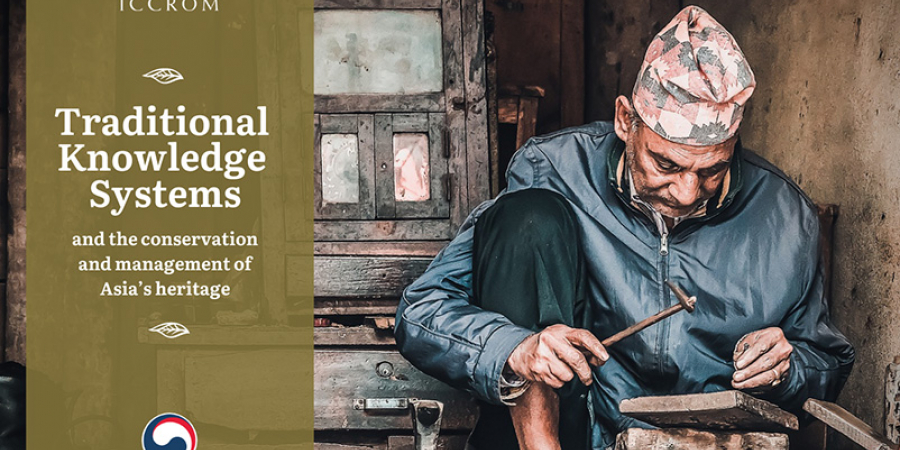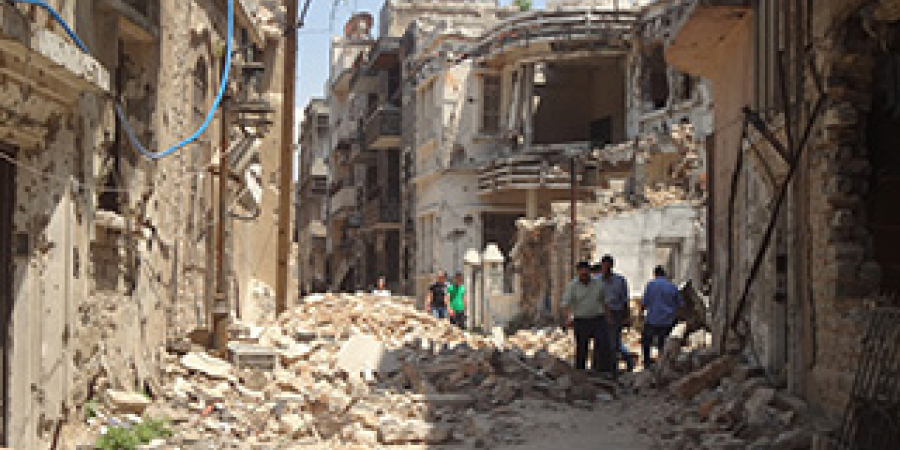ICCROM continues to have a strong presence in Asia and the Pacific thanks to longstanding and effective partnerships. Its ongoing collaboration with the Cultural Heritage Administration (CHA) of the Republic of Korea has enabled ICCROM to continue pursuing cooperation for education, training and research in cultural heritage conservation in the region. As a result, the CollAsia programme for the conservation of collections in Southeast Asia has moved forward with new activities. ICCROM continues to address the capacity-building needs of the Asia Pacific region in all aspects of heritage conservation, with objectives of promoting heritage as a contributor for sustainable development in the region and around the globe.
Thanks to its close collaboration as well as generous funding and secondment provided by the Japanese authorities ICCROM is able to offer collaborative projects based on Japanese expertise on seismic retrofitting and reinforcement solutions that protect human life while also preserving historic structures, as well as holistic knowledge and experience of Japanese paper and Japanese traditional conservation approaches and techniques.




